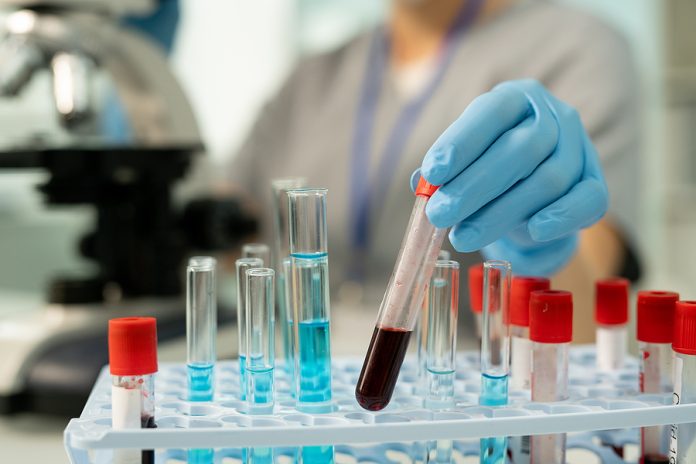A new blood test is able to identify and locate up to 50 different kinds of cancer. Deemed both accurate and reliable, the blood test has been called a “diagnostic game-changer”.
The new blood test can identify and locate some cancers for which there are currently no effective screening methods. The scope of the test means that individuals can be screened for multiple cancers at the same time, with one single blood draw rather than individual screenings for individual cancers.
The effectiveness of the blood test lies in its ability to search and locate any sign of cell-free DNA (cfDNA). The presence of cell-free DNA in the blood means that cancerous tumors are present in the body.
According to Dr. Eric Klein, the leader of the study and chairman of the Glickman Urological and Kidney Institute at the Cleveland Clinic, the latest results of the testing were “dramatic”. The findings of the study were published on 25 June 2021 in the Annals of Oncology.
The latest round of testing involved 2,800 participants who were already diagnosed with cancer and 1,250 healthy, cancer-free participants. No matter the stage of cancer, the test identified the presence of cancer in 51.5% of individuals tested.
In contrast to the high rate of success, the false positive rate was only 0.5%. A false positive occurs when a test mistakenly identifies a disease in an individual.
The blood test delivered the best results for later-stage cancer disease. Stage 1 is noted as early disease and stage 4 as very advanced, and the blood test’s “sensitivity rate” for stage 4 was 90.1%. The rates were lower for earlier stages, at 77% for stage 3, 40.4% for stage 2, and 16.8% for stage 1.
The new blood test has a sensitivity rate that is much higher with elusive cancers than with cancers more easily identified with available diagnostic tools. Cancers of the esophagus, liver, and pancreas as well as other cancers are not identifiable by any screening tools currently available, yet the new blood test can detect them.
Other cancers that can be screened in other ways, like breast, bowel, cervical, and prostate cancer were detected by the blood test, but the sensitivity rate was 33.7% no matter the stage of cancer. The sensitivity rate goes up to 65.6% with the harder-to-detect cancers of the esophagus, liver, and pancreas.
The research team determined that the accuracy and the usefulness of the test mean that it can be used as a screening tool for individuals who are at high risk of cancer due to age factors or other reasons. Individuals do not need to have observable symptoms of cancer for the test to be useful.
GRAIL, Inc. is a test manufacturer which funded the study, and they have made the blood test available by prescription in order to add to the screening tests currently available, like colonoscopy and mammography.
Dr. Julie Gralow of the American Society of Clinical Oncology is cautiously optimistic about the blood test. The sensitivity of the test for stage 1 cancers is low, and she believes that it is during the earliest stages of cancers where lives can best be saved.




